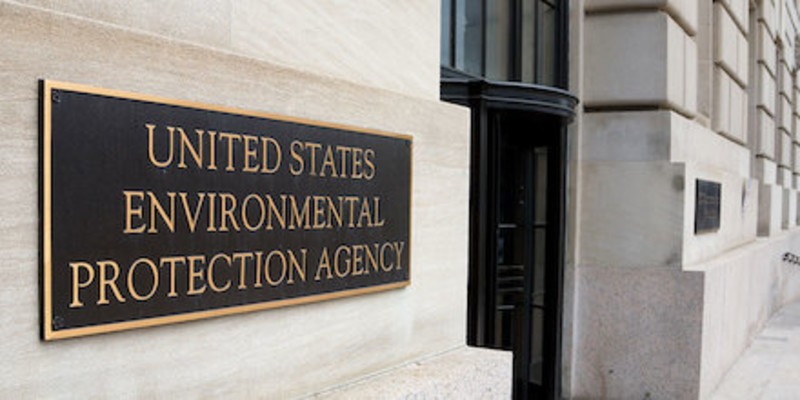Tips for managing new chemical bans
Under the Toxic Substances Control Act (TSCA), the EPA has authority to evaluate and manage chemicals that pose risks to exposed populations. In January 2021, the agency issued five new rules banning the use of certain chemicals, including phenol, isopropylated, phosphate (3:1) (PIP (3:1)), which may pose significant challenges for manufacturers.
PIP (3:1) processing and distribution will be prohibited in the USA by September 4, 2021, unless the EPA extends the compliance date. Use AMT’s expert insight from a recent webinar or read below to understand and manage regulatory requirements.
PIP (3:1) is found in electronic components; robotics and manufacturing equipment; gaskets, clamps, tubes, harnesses, cables, and casings; lubricants and cutting fluids used in operating manufacturing technology equipment; and flame retardants. Many manufacturers are unaware that the EPA is now regulating PIP (3:1). Locating the chemical and removing it from manufacturing supply chains and operations could be difficult.
PIP (3:1) to Do List
Research.
Read the regulations. Determine whether they apply to any of your processes or products.
Engage.
Talk to your supply chain and identify parts or materials that contain regulated substances.
Document.
Keep records on your due diligence and data gathering to demonstrate your company’s commitment to compliance.
Assess.
Begin the process of assessing your risks, considering alternatives, and making decisions.
Look to the future.
Start reviewing other chemicals being evaluated for bans NOW.
AMT – The Association for Manufacturing Technology recently hosted a webinar on the impacts of the ban featuring Stacy Tatman, MS, JD, the senior manager of government relations at the National Electrical Manufacturers Association (NEMA); AMT’s chief knowledge officer Patrick McGibbon; and AMT’s vice president of advocacy, Amber Thomas. Whether you were following this regulation all along or heard of PIP (3:1) one minute ago, the webinar offered some important steps manufacturing leaders should take to protect their businesses.
1. Educate yourself.
Check out our PIP (3:1) to-do list to make sure you know what the regulations apply to and when. Find banned chemicals in your products, machines, and supplies. This will require a careful evaluation of your supply chain.
2. Read AMT’s comments.
AMT issued comments on the PIP (3:1) ban urging the EPA to reconsider the ban and instead work with industry to develop alternatives to the substance, or, at a minimum, extend the compliance period from months to 5-8 years. The comments also requested that replacement parts be available for the lifetime of equipment already in place. There is also already a lawsuit in process requesting a significantly longer implementation timeline.
3. Be ready next time.
The EPA’s TSCA Work Plan includes 90 priority chemicals that will be assessed for potential bans. Identifying chemicals early will help manufacturers transition away from them and/or make a case for regulatory exemptions earlier in the process. An overview of the status of chemicals currently being evaluated can be found here.
4. Contact the EPA.
Tatman recommends talking to the EPA “early and often.” EPA staff are available and responsive. The chemical status page includes agency contacts for each chemical.
5. Know the status of regulations.
On March 8, 2021, the EPA issued a temporary, 180-day “No Action Assurance,” indicating the agency will not exercise its enforcement discretion regarding the PIP (3:1) prohibitions until September 4, 2021, unless the EPA extends the compliance date. (AMT is monitoring this closely and will publish updates on IMTS.com/Insider and AMTonline.org)
6. Establish a process for finding, reviewing, and replacing chemicals.
“There will eventually be a regulated chemical that will impact your business. The list of chemicals is so expansive there is just no way it won’t happen,” Tatman said. “Start reviewing the chemicals in your supply chain now.” Staying ahead of regulatory requirements will save you time and money in the long run.
Visit AMT’s webpage to view the webinar or access slides.






